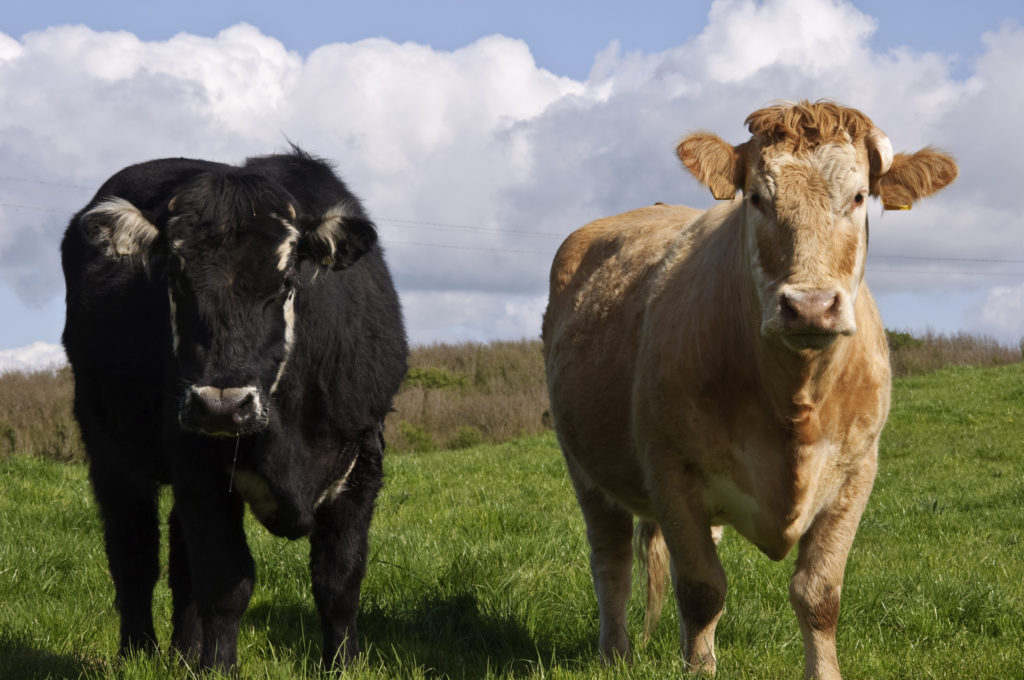Transgenic cows produce ‘safe’ trial therapy for MERS

In the trial, cattle were injected with part of the MERS virus, stimulating their immune system to produce antibodies which were then extracted and purified before being given to 28 healthy human volunteers.
Image: AFP File Photo
An experimental treatment for deadly Middle East Respiratory Syndrome (MERS) has been manufactured in cattle carrying human DNA, and proved “safe” when injected into human guinea pigs, scientists reported Wednesday.
Dubbed SAB-301, the trial therapy had no serious side effects, the team said.
It is too early to tell whether the therapy actually works against the MERS virus which kills over a third of people it infects.
“The data from our study suggests that SAB-301 is safe, and further research into the treatment is warranted,” said John Beigel of the Maryland-based Leidos Biomedical Research company.
The results of a Phase 1 trial, the first step in vetting a new drug for safety and effectiveness, were published in the medical journal The Lancet Infectious Diseases.
For the experiment, the team used so-called “transchromosomic” cattle, which are bred with human DNA that carries the genetic code for cells to produce virus-fighting antibodies.
These can then be injected directly into sick people.
Antibodies can be harvested from people whose immune systems had already fought the disease, but not in large enough quantities, or fast enough, to stop an epidemic of diseases such as MERS, Ebola or the flu, the researchers explained.
The “use of transchromosomic cattle to manufacture specific antibodies potentially could help to overcome these difficulties because these animals can produce large amounts of different types of antibodies,” the study authors said.
In the trial, cattle were injected with part of the MERS virus, stimulating their immune system to produce antibodies which were then extracted and purified before being given to 28 healthy human volunteers.
Ten other volunteers were given a placebo or “dummy” dose.
People who received the antibody shots were more likely to experience fatigue, loose stools, or a sore throat than the placebo group, said the research team.
But it does “appear to be safe and well tolerated”.
Further tests will assess whether the antibodies are actually effective in countering the MERS virus.
MERS is a respiratory disease first identified in Saudi Arabia in 2012. Symptoms include fever, cough and shortness of breath, and about 35 percent of infected people have died — more than 700 individuals so far.
There is no licenced vaccine or treatment. NVG
RELATED STORIES:
Filipina nurse from Saudi Arabia is PH’s first MERS-CoV case – DOH
Psoriasis patients receive hope through new vaccine














